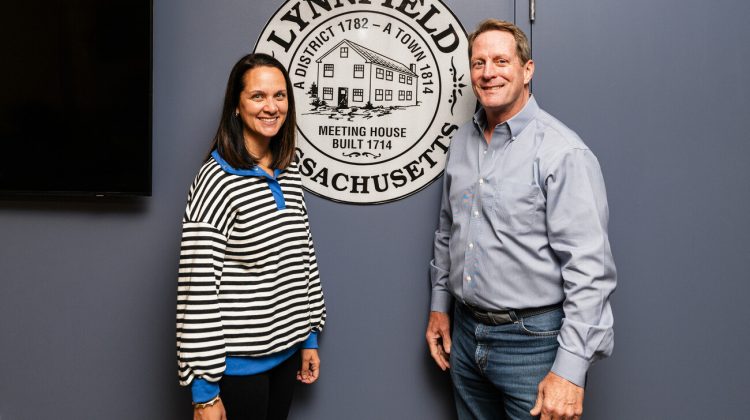LYNNFIELD — A Healthy Lynnfield (AHL), also known as the Lynnfield Substance Misuse Prevention Committee, recently renewed its grant funding for another five years, said Chair Phil Crawford.
AHL is described as a partnership between the town, its residents and a community-based nonprofit, working to prevent substance misuse and to ensure those impacted have the help they need. The committee was formed in 2017 as a response to the rising misuse of opioids.
Crawford, who also serves as vice chair of the Select Board, said AHL is moving forward two grants to fund the next five years of programming. He said the grants dictate some of the specific programs that the funding must be used for.
The coalition’s first grant is a five-year grant for $125,000 per year from Drug-Free Communities Support Program. This pays for Diana DeLeo’s salary, who was recently promoted to the role of substance use prevention coordinator upon Peg Sallade’s retirement at the end of September.
The second grant is a four-year grant for $60,000 per year from the Sober Truth on Preventing Underage Drinking Act (STOP Act).
DeLeo said each grant is for a specific purpose and helps AHL fulfill its goals. The STOP Act grant primarily focuses on underage drinking, but is also aimed to work with the English as a second language and LGBTQ communities, as well as youth with chronic health conditions.
Underage drinking is still the number-one issue that AHL aims to address, Crawford said.
In the upcoming years, he said AHL plans to focus its funding on increasing parent involvement with the coalition and boost overall community engagement.
“One of the things that we’ve always wanted to do is get the youth more involved and get the parents more educated,” Crawford said.
DeLeo added that AHL works with team sports groups and other students at the high school to teach them leadership skills and how to be role models for their peers. “Skill building for our youth is an important piece,” she said.
“If you get the peer group to get on board, then it does trickle down to many of the other students in the class,” Crawford said.
DeLeo said the coalition has leveraged its grant funding to hire Social Science Research and Evaluation (SSRE) to conduct surveys and identify how AHL can best serve the community.
AHL is run mostly by its coalition of community members, many of whom hold leadership roles in organizations throughout Lynnfield, DeLeo noted.
“That’s the backbone of all that we do… That coalition is so strong and we have people that are really engaged,” she said.
DeLeo said the plan is to evaluate the data from SSRE to identify how AHL can use evidenced-based strategies to target areas in the community.
Crawford said in addition to grants, AHL seeks local fundraising to support its programing. While the coalition is limited in what they can spend the grant funding on, it has more flexibility on what the local fundraising money can be spent on.
DeLeo and Crawford said it’s important for them to remain aware of different grants that become available, as the conversation of drug use prevention is constantly evolving.

